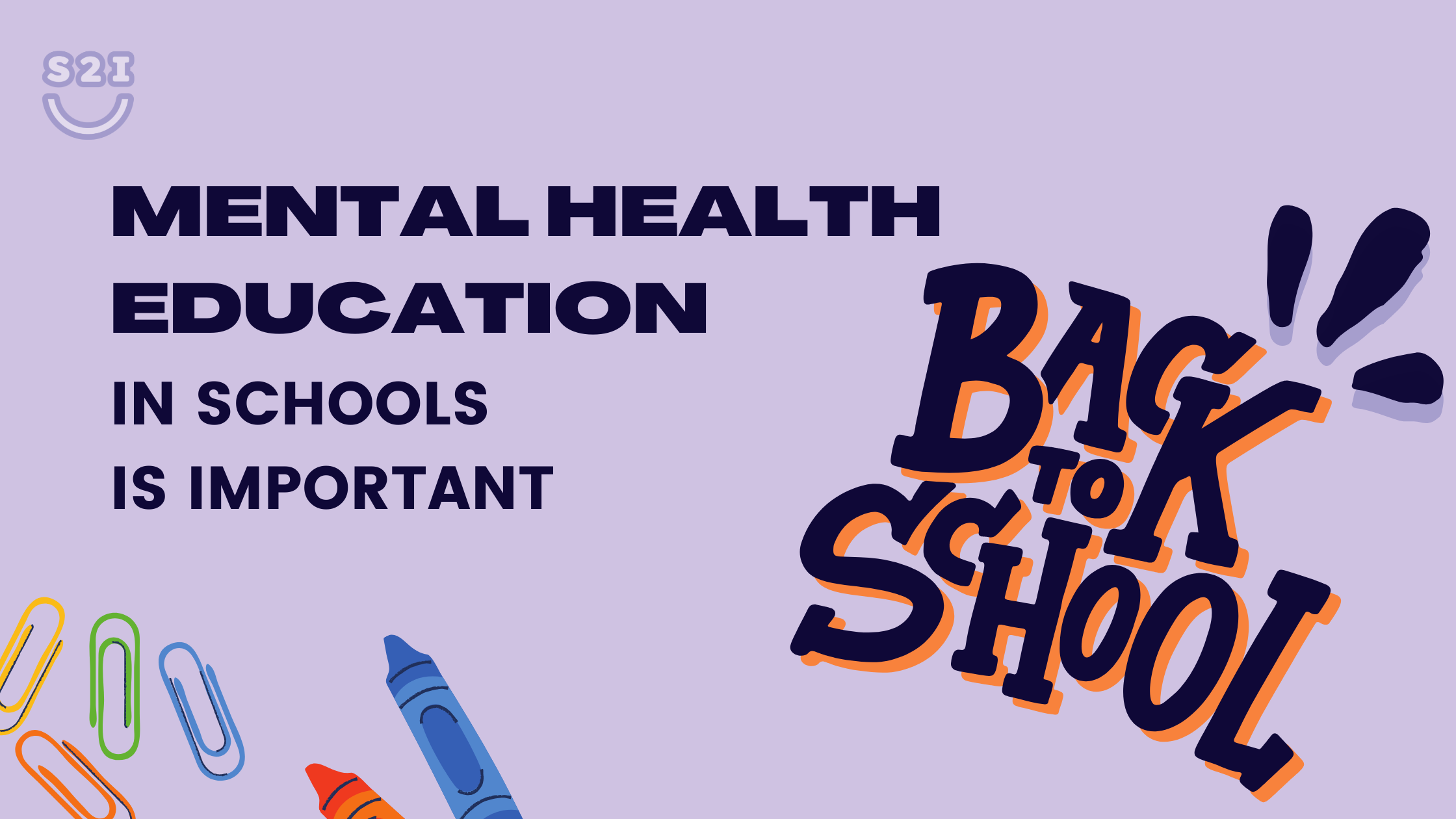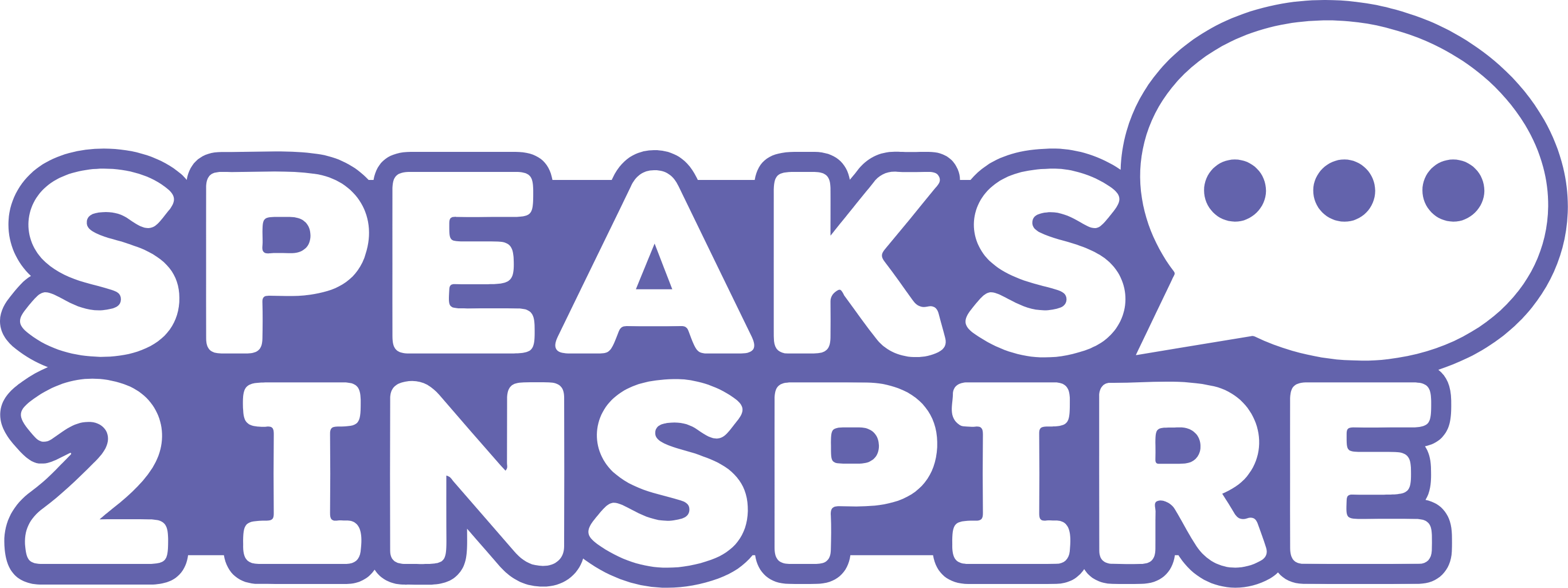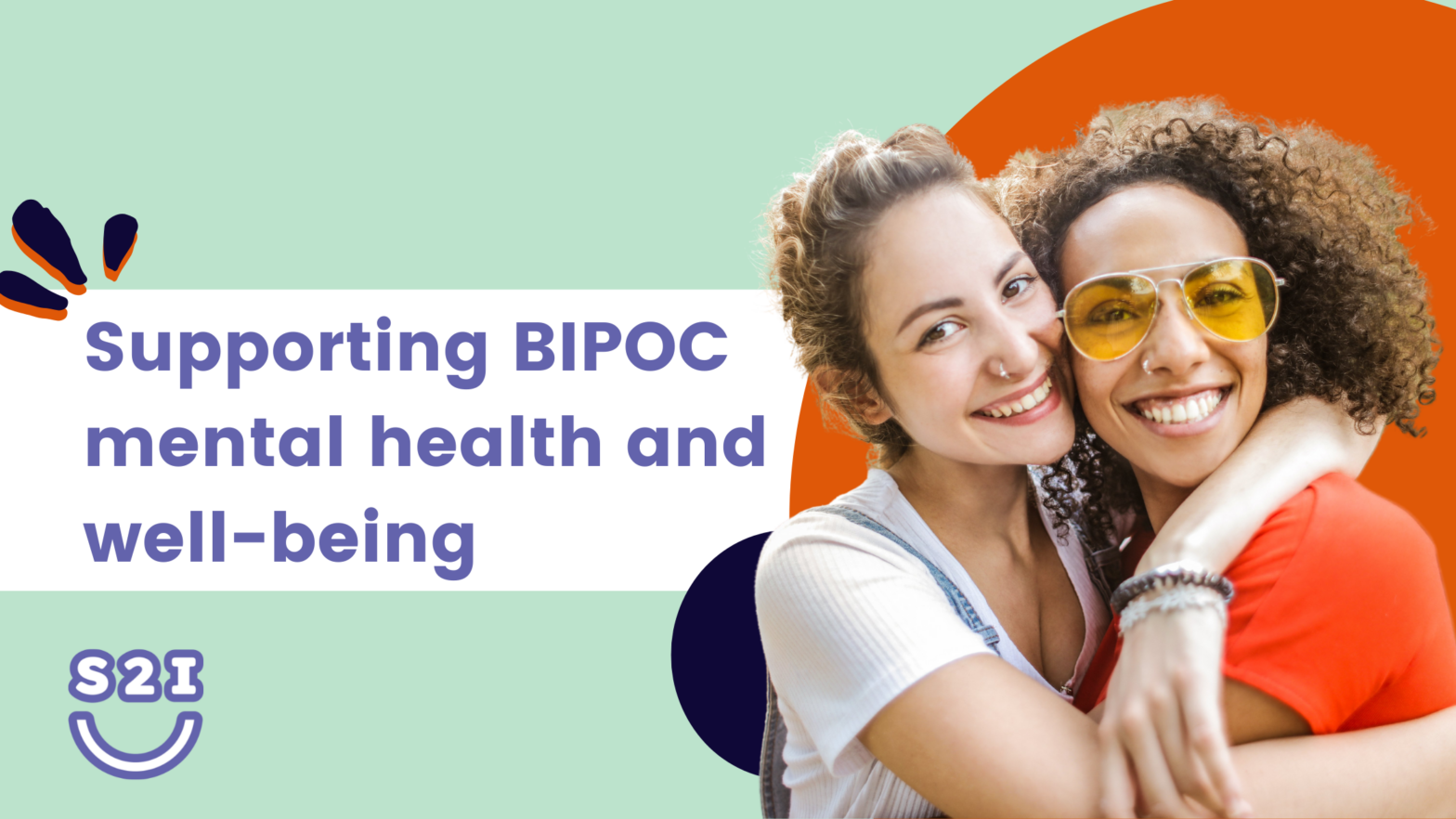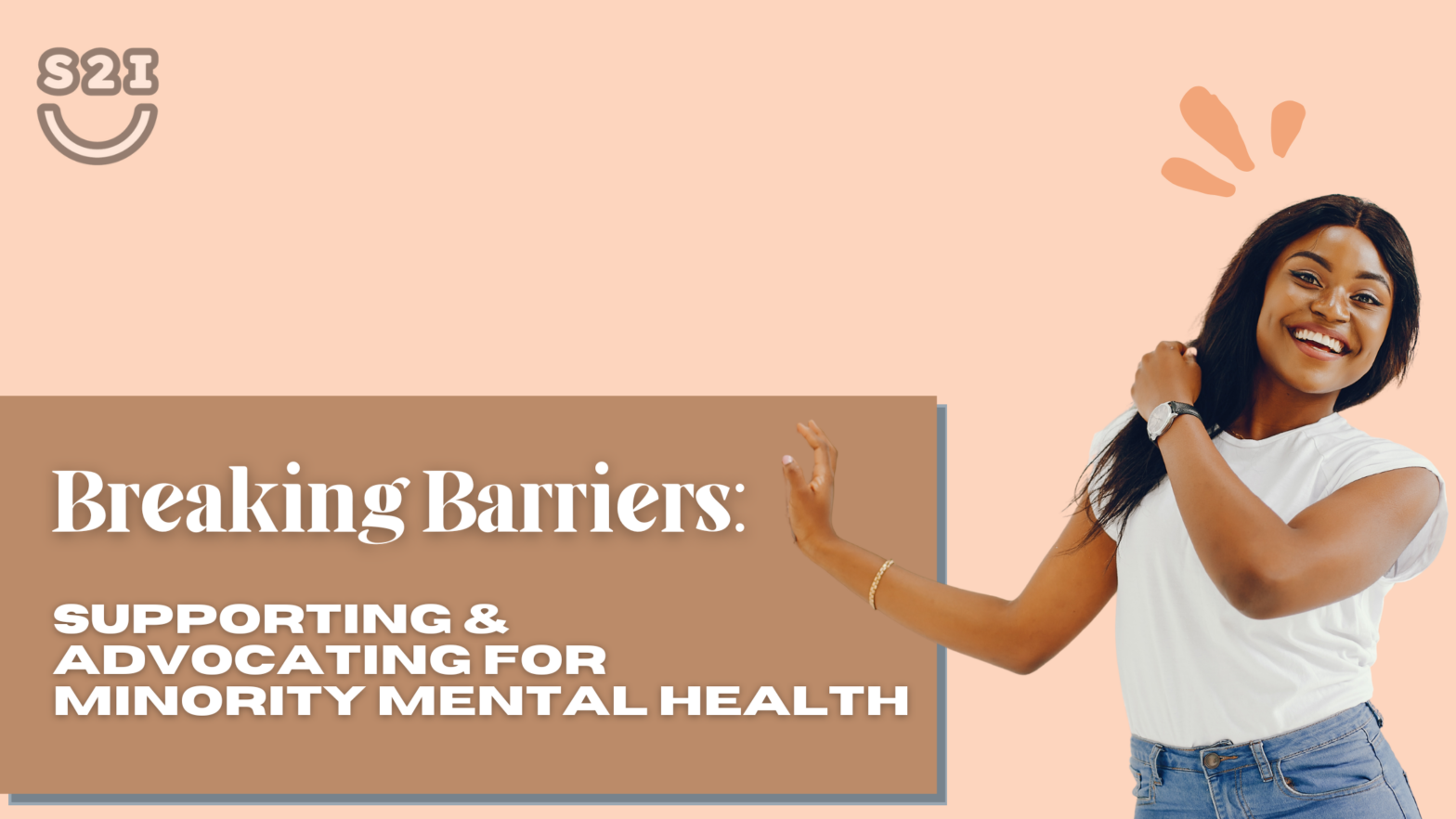Many children and adolescents who are struggling with mental health issues are experiencing a lack of awareness and support. They may not have a safe space to discuss their mental health issues inside their homes. Schools can provide a space where students not only learn about mental health but also get to talk about it openly and receive the help they need.
Mental Health Education in Schools Is Important




